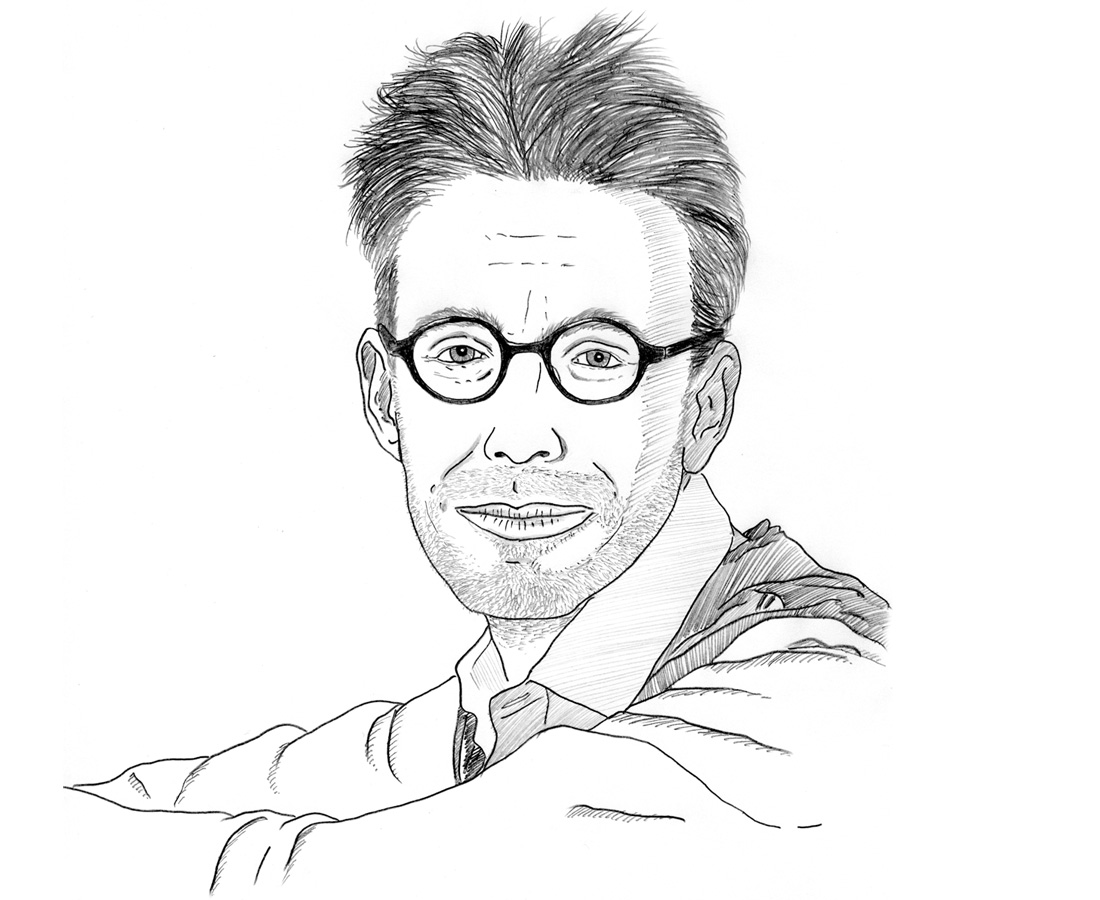
Daniel Tammet. Illustration by José Antonio Soria, CC-BY.
In the mind of Daniel Tammet every number has its own shape, colour, texture and emotion. It’s the same for him with words. Tammet has published several books where he explains to us what happens in a marvellous mind, and how that mind can carry out a major exploration of itself with the help of neuroscience, but above all, by studying and paying careful attention to everything that causes us emotion and amazement. We interviewed Daniel Tammet during his visit to Kosmopolis 2017, to find out about the physiology of his thought, his development as a writer, his view of non-human intelligence, his stance with regard to climate change, and also about technologies that fascinate, isolate, connect and control us.
Tammet by Tammet
I have a condition called high-functioning autistic savant syndrome. It’s quite an unusual condition in which the connections between the different cells in the brain develop a little differently to most other people’s minds. And one of the consequences of this change in my childhood was that on the one hand I had great difficulty with social interaction. But on the other hand I was able to develop certain faculties for language and numbers as well. Because in my head, numbers, like words, have colours and textures and personalities, a phenomenon that we call synaesthesia.
And though I didn’t know about it at the time, synaesthesia is very important in creativity. A writer, Nabokov, was synesthetic as well and possibly autistic as well, although we wouldn’t have known to diagnose him at the time. And in the same way as Nabokov, I see words with colours when I write, and like him, I have my passions and obsessions with numbers, with chess and so on. So my first novel was one about chess, a chess match between Soviet grand masters in Moscow.
And so, what could have been a great handicap for many people, unfortunately autism has many difficulties, for me has been funnily a chance, an opportunity to understand the world from a different perspective and to find a path as a writer. Because I think most people would agree that writers are quite unusual people as well, and they have this great force in coming at the world from a different angle. And as readers, people want to see the world through these different eyes.
«What would happen if the world didn’t have 24 hours in a day but 23 hours? 23 is a prime number so it would have quite significant consequences on how we conceive the passage of time.»
Well, the word time is a good example. The word “time” as a word “time” is orange. But it’s important to add that the fact of having autism or having synaesthesia does not prevent me from thinking abstractly. So, I’m able to entertain the idea of time as a phenomenon and to wonder did time begin with the beginning of the universe for example, are there multiple universes and therefore multiple kinds of time? What would happen if the world didn’t have 24 hours in a day but 23 hours? 23 is a prime number so it would have quite significant consequences on how we conceive the passage of time.
So, I’m able to entertain these questions, I do that in my writing and at the same time I have this quite superficial experience of synaesthesia so immediately the word is orange and it gives me great pleasure. I guess in poetry it’s quite important, you are looking also superficially at the language itself and wanting to put words together in such a way as they are conveying something that’s interesting, beautiful, possibly deep ideally, but at the same time, visually on the page is interesting and beautiful as well.
«Seeing words with colours and seeing the way that words work together, the connection between words obviously is very helpful when you want to learn a foreign language, another language. I just find language fascinating as a phenomenon, and so when you find something fascinating, it’s understandable that you become very good at it.»
Language is something I have always found fascinating because I never had the experience of having a mother language, a mother tongue. When someone is born on the autistic spectrum, you feel as if you’re in a different country, a foreign country, a foreign language. You don’t feel that you belong in your own country, your own language. One of the reasons why I left England ten years ago, why I married a French man, why I live in France: I never use English. Apart from when I write. I speak French all the time.
It was a struggle for me acquiring language, understanding language, the social side of language was very difficult for me. But at the same time I was passionate, there was something I was passionate about and when you have a passion for something you often have an ability, a special ability. Like many writers, I have ability to learn languages and to understand different languages quite quickly and the best demonstration of this was a long time ago, over ten years ago, when I was in a documentary they chose a language: Icelandic, and I was asked to learn this language in one week. Now of course, strictly speaking it is impossible to learn a language in one week and it is impossible for me as much as it is for anyone else. But it’s also true that I was able to learn enough Icelandic to give an interview in Icelandic, after one week. So, it’s possible to do, you know, things that for most people seem incredible, but it comes both partly out of the way my brain has developed: seeing words with colours and seeing the way that words work together, the connection between words obviously is very helpful when you want to learn a foreign language, another language. But it’s also just because for social reasons, sociological reasons, I just find language fascinating as a phenomenon, just completely fascinating and so when you find something fascinating, it’s understandable that you become very good at it.
On an everyday level, I use three languages: English, French and Icelandic. Icelandic because ever since I learned this language in one week, so to speak, I made wonderful friends in Iceland. I go there every year, I continue to use it, I write my emails in Icelandic. So it’s, well, not just a stunt, it really was an opportunity to discover another way of expressing myself and to read literature, wonderful literature in the Icelandic language. I also know some Esperanto. Esperanto is not a language that we speak, it’s a language that I can write. I’ve never heard anyone use/speak Esperanto. I can read Spanish but I would have difficulty speaking Spanish, although I can speak a little bit of Spanish, very badly probably. And I would say, maybe five or six languages that I can really know quite well and then there are maybe four or five other languages that I have studied at one point or another that I can probably understand a little bit.
«In the past we thought that autism was something that you couldn’t change, that if you were born with a very small amount of social ability you would die at a very old age even, with a very small amount of social ability. And now we know it’s completely wrong and that in fact the brain changes all through a lifetime.»
Every brain is incredible, every brain is unique. In the past we thought that autism was something that you couldn’t change, that if you were born with a very small amount of social ability you would die at a very old age even, with a very small amount of social ability. And now we know it’s completely wrong and that in fact the brain changes all through a lifetime. I was very lucky, I had lots of stimulation: eight brothers and sisters, so lots and lots of stimulation, very early, lots of books, lots of reading. I think I learned an enormous amount of human feeling, empathy, through literature, reading poems, novels, Shakespeare and many other great writers. And my brain changed.
And so today I have a career, I travel around the world, I give conferences in front of hundreds, sometimes thousands of people. My books have been translated into many languages, I’ve sold many copies, have won awards… So, it’s amazing what I have been able to do, but really, yes, it’s amazing but it’s also because we had, from the beginning, this wrong idea about the limits of what human people can… what any kind of expression of humanity is capable of and I think it’s the same for anyone, that the moment we put limits on somebody and say, “This is as high as somebody can go,” then, instinctively I disagree, I think that very often, we just do not realise how far we can go until we try.
«We can learn from plants, we can learn from animals and that there are cultures, traditional cultures, in many parts of the world before the Europeans settled there, that had this idea of the environment as something that was alive.»
I’m very open to the idea of there being different kinds of minds, both human and non-human. For my part, I’m not persuaded by the evidence for extra-terrestrial intelligence. I know that many people ask me, “Is there life outside our planet?” And I think, from a purely mathematical point of view, there is no evidence at all that there is such intelligent life outside of our planet. But saying that, I totally agree there is a lot of intelligence on our planet and humans are part of that intelligence but they are not the final word concerning that intelligence and that part of being human is being open to the idea that we can learn from plants, we can learn from animals and that there are cultures, traditional cultures, in many parts of the world before the Europeans settled there, that had this idea of the environment as something that was alive. And religion for them wasn’t the idea of a church and a prayer on a Sunday and so on, and a bible. It was the idea that at any moment you could relate to the world outside of you, that the world did not begin and end in the lines of your skin, but that you could at any moment communicate with other forms of intelligence, and be the better for it, be the richer for it.
I’m very open to this idea and I would go further and say that also feel that abstract forms of life: numbers and words, to what extent do they also participate in the human experience? Is it only the human being who invents numbers, invents words, or is it also that numbers and words help us participate in our ability to think and to create. That when a writer sometimes says, “Oh, I have this idea!” And he suddenly writes a poem down from nowhere and he says, “It’s like something came to me.” And a religious person would say, “Well, that’s God. It’s something from God.” But another possibility is that it’s the language itself that is coming to the poet’s rescue and putting the words almost into his mouth or to his pen. So, I’m very open to this idea as well that all kinds of objects have some kind of intelligence and that it’s all about using our minds and language as well. Many things can’t speak, animals can communicate but they don’t necessarily use language in a way that we understand it, but we do, and it’s also our responsibility to use this ability to speak on behalf of those things that don’t have words, language… So, it could be other forms of life and it could be also inanimate objects. A poet when he writes about a lamp or when he writes about his own pen, he’s giving life by giving language to these objects that normally we consider completely lifeless. And we can ask the question philosophically: Is the poet giving life to the pen or to the lamp and so on, or is it that these things already exist in some way and that we are simply using our intelligence to communicate with them.
«I think it’s better than to scold is to give an idea of the future of our planet, of our society that is persuasive enough that people instinctively, intellectually want to be part of that.»
I’m by nature optimistic so I hope the sword won’t fall on our heads. I think that it’s good that we have a growing awareness of the need to be respectful both to each other and to the environment and to the planet as well. I think it’s good to give warnings but I think it’s also dangerous to maybe only give warnings because when you only give warnings to people then sometimes the choose to go the wrong way, you know, they don’t lie being told off, too often, too much, like being sc-sc-scolded like a bad child. I think it’s better than to scold is to give an idea of the future of our planet, of our society that is persuasive enough that people instinctively, intellectually want to be part of that. And I think this is what writers are very good at doing, and poets and journalists.
The moment you pick up a pen, it’s an act of civil disobedience in some way, you’re wanting to make the world better because if you didn’t, you wouldn’t bother picking up a pen at all. And from that moment that you pick up a pen and you make this gesture and you write and you make your voice heard, then I think so long as you can get that voice heard by other people, you publish your work, it finds an audience, you can persuade. And the best way I think to persuade, the most persuasive forms of writing are often those that are least didactic, those that least try to show that, you know, this is what we’re trying to tell you, we’re trying to make this very important point. No, it’s better to tell a story. Humans love stories. We’re instinctive storytellers and the moment that the story is well done then I think it’s persuasive enough on it’s own terms and that the story that we can tell about our world, our planet, our environment, as long as it’s well told, will persuade enough people I’m sure in the future. So, I’m going to be optimistic here and say I think the world will go on for a very long time and we will find solutions.
«Every brain is amazing. Genius, in all its forms, is not due to any mere quirk of the brain; it is the result of far more chaotic, dynamic and essentially human qualities such as perseverance, imagination, intuition and even love.»Daniel Tammet, Embracing the Wide Sky (2009)
Well, I think that the key word is “tool”. It’s a tool. And from the moment that we understand that it’s a tool, it depends what we do with it. It’s like language. We can use language in a way to inspire and to entertain and to educate. And we can use language to humiliate and to insult. So it all depends what we’re doing with it. And internet, if it’s used in a way that helps people to connect with each other over very great distances, that’s wonderful. I have friends in Iceland and in Canada, Quebec, in different parts of the world and I can communicate with them instantly with internet. So, it’s wonderful. And on the other side, I’ve also seen with programmes, networks like Twitter and Facebook and so on, the dangers, the downsides as well that people very often will be very quick about typing something that’s actually quite painful for other people to read or to see. And it can be quite insulting. It’s paradoxical. At the same time it brings us closer together and it also creates distance as well, it also encourages people to live in bubbles and I spent so long in a bubble as a child with autism that I would never encourage anyone to want to live in a bubble, whether it’s internet or any other.
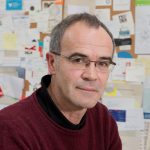
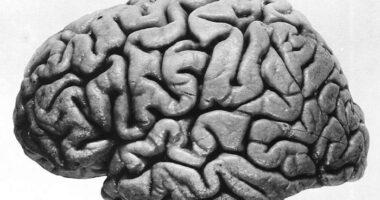
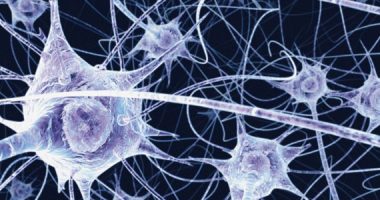

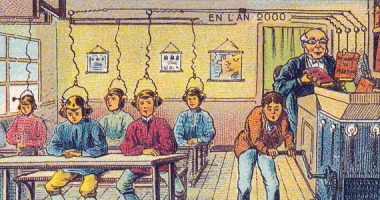
Leave a comment